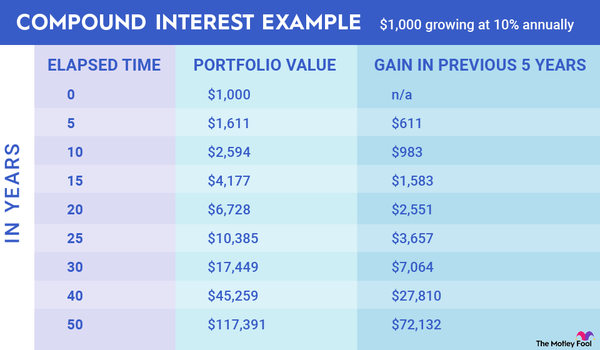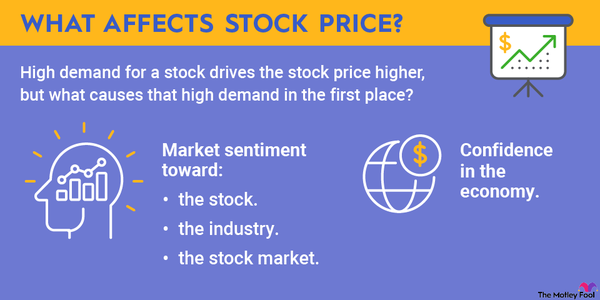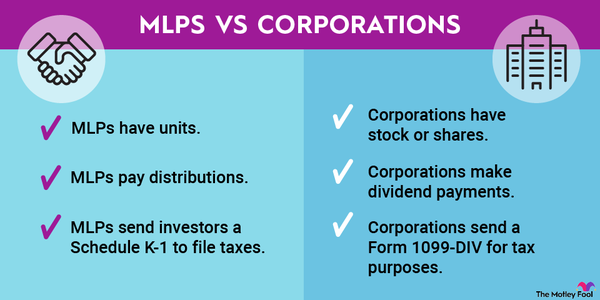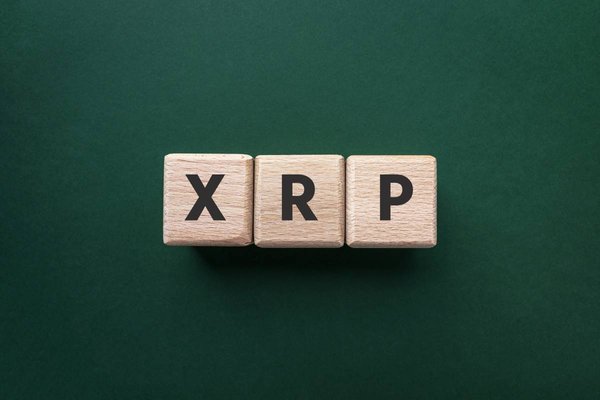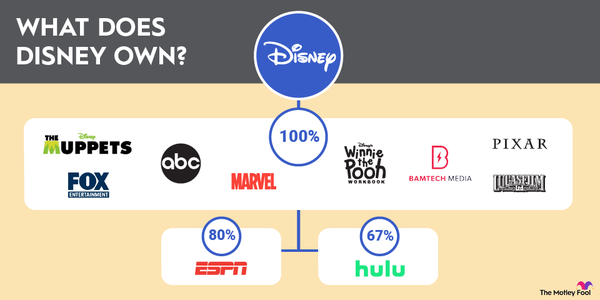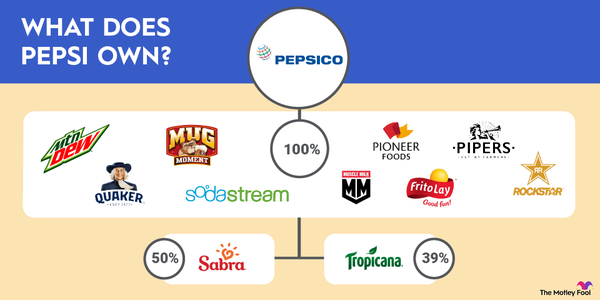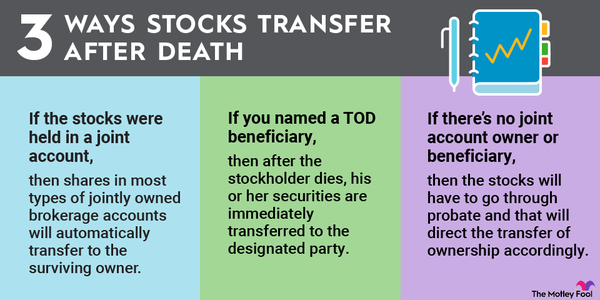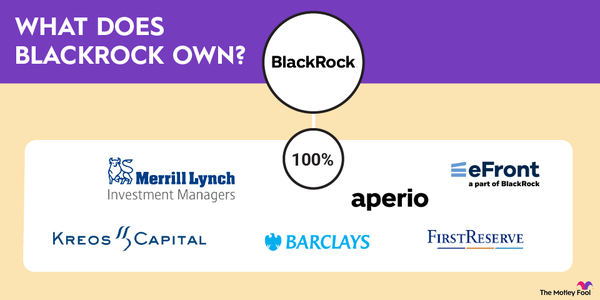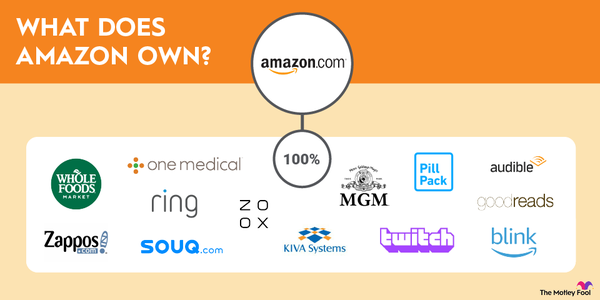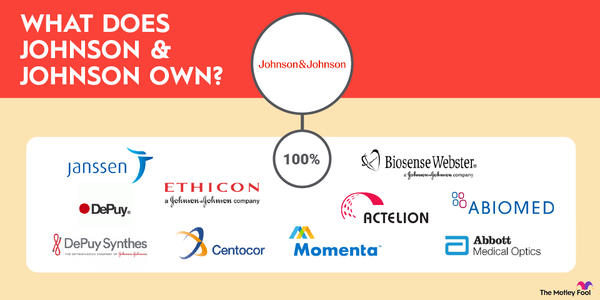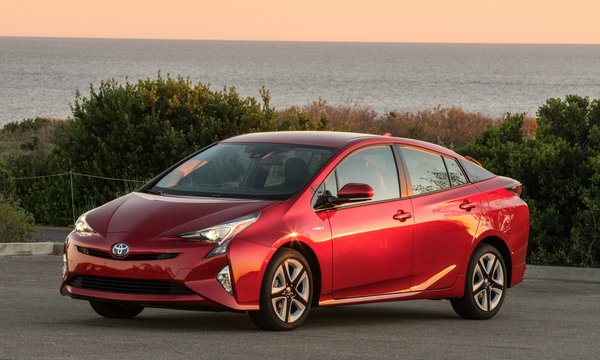Have you ever considered investing in a company that shapes how we watch television, go online, and enjoy content on both the small and big screens? Comcast (CMCSA -1.53%) is a longtime provider of cable TV and internet connectivity services. It has also managed a media empire since the NBCUniversal buyout in 2011.
This company belongs on your shortlist for further research if you want to add an investment in either of these sprawling industries -- or both. And since Comcast is a firmly established household name, this might be one of the first names that come to mind when you're building your stock portfolio.
In this case, Comcast's publicly traded stock is from the Class A cohort of common stock, with the expected single vote per share. Its ticker symbol is CMCSA, and it trades on the Nasdaq stock exchange.
So, let's take a look at Comcast's business model, history, and investment value, along with a quick overview of how to buy some Comcast stock.
Comcast's shares
Shares of Comcast stock
Buying stock in a company is an investment in its business and success. It's more than a financial agreement; shareholders own a part of the underlying business, taking part in the value of its assets and earnings. In most cases, they also have a say in its governance since each share represents one vote in any matter requiring shareholder voting.
Stock Ticker
There is also a special Class B stock, which always controls one-third of Comcast's voting stock and is under the direct control of CEO Brian Roberts. This unique type of Comcast stock does not trade on the public market, nor does it have a stock ticker. For better or for worse, its presence ensures that Roberts effectively controls the outcome of any shareholder vote.
There used to be a third class of Comcast stock, known as the Class A Special common stock, which had no voting power but was otherwise comparable to the regular Class A stock. In 2015, Comcast simplified that structure by converting all Class A Special shares (CMCSK) into regular Class A shares (CMCSA).
Comcast's market cap hovered around $135 million in mid-2025. The commonly cited market cap is calculated by multiplying the number of shares by the stock price.
About Comcast
A quick overview of Comcast
Starting in 1963 as a local cable TV system in Mississippi, Comcast quickly grew into a leading provider of cable TV services in the United States. The stock entered the public market with an initial public offering (IPO) in 1972, expanding across America with a combination of cable system buyouts and original installations.
The Comcast@Home cable modem service debuted in 1996, sowing the seeds of a long-term business focus. By fiscal year 2022, Comcast's connectivity and platforms division collected equal revenue from its residential connectivity (broadband and cell phone services) and video service subscriptions.
The smaller content and experiences segment offers original content in the form of feature films and TV series, presented across traditional TV systems and movie theaters, as well as various media-streaming services. Peacock, Comcast's in-house streaming service, sported 21 million subscribers at the end of 2022 and 41 million accounts in the summer of 2025.
The section also includes Comcast's theme parks, hosting Universal Studios destinations in Orlando, Los Angeles, Beijing, and Osaka. As of August 2024, Comcast planned a horror-themed park in Las Vegas and a smaller park themed for younger children in Frisco, Texas. A new Epic Universe park opened in Universal's Orlando space in May 2025.
Comcast is a naturally diversified business thanks to its two segments with widely separated operations. You can invest in this company if you want exposure to high-speed data connection services or the legendary media productions of NBCUniversal. Either way, buying stock in Comcast makes you a shareholder in both of these robust industries.
How to buy
How to buy Comcast stock
Investing in Comcast stock is as simple as buying any other stock on the public market. In this era of online stock trading without trading fees, collecting a few Comcast shares takes only a few clicks once you have set up a brokerage account.
- Open your brokerage app: Log in to your brokerage account where you handle your investments.
- Search for the stock: Enter the ticker or company name into the search bar to bring up the stock's trading page.
- Decide how many shares to buy: Consider your investment goals and how much of your portfolio you want to allocate to this stock.
- Select order type: Choose between a market order to buy at the current price or a limit order to specify the maximum price you're willing to pay.
- Submit your order: Confirm the details and submit your buy order.
- Review your purchase: Check your portfolio to ensure your order was filled as expected and adjust your investment strategy accordingly.
Risk Management
Is Comcast a good investment?
Is Comcast a good investment?
You should compare Comcast with its leading rivals, a rather large group thanks to its wide-ranging services. The NBCUniversal media business is considered one of the "big six" media conglomerates, alongside Walt Disney (DIS -0.68%), Paramount Global (PARA -2.79%), Warner Bros. Discovery (WBD -1.92%), Sony (SONY -1.27%), and Amazon (AMZN -0.07%).
The connection business competes with a completely different set of heavyweights, led by AT&T (T 0.09%), Charter Communications (CHTR -2.07%), and Verizon (VZ -1.72%). Bottom line? Comcast investors should keep an eye on a large herd of head-to-head rivals.
By the way, keep an open mind when researching Comcast and its competitors. Let the facts, not your preconceived notions, inspire your investment decisions.
The valuation of media and connectivity stocks can rely on many factors, from the prevailing consumer tastes and spending habits to regulatory and economic considerations. Work out where Comcast stands in this sprawling context; its market value may vary along with these complex and ever-changing industry dynamics.
If Comcast turns out to look less robust than a rival like Disney or Verizon, you might end up buying one of those stocks instead -- and there's nothing wrong with that. After all, you weren't trying to prove Comcast's superior status, just weighing its qualities and challenges against those of its main rivals.
Should I invest in Comcast?
Before investing your hard-earned dollars in Comcast, let's evaluate investment value.
Profitability
Is Comcast profitable?
Comcast's financial track record has been robust over time, and the company is an effective cash machine. In fiscal year 2024, the company reported revenue of $121.9 billion, generating $15.9 billion of net income and $13.9 billion in free cash flow.
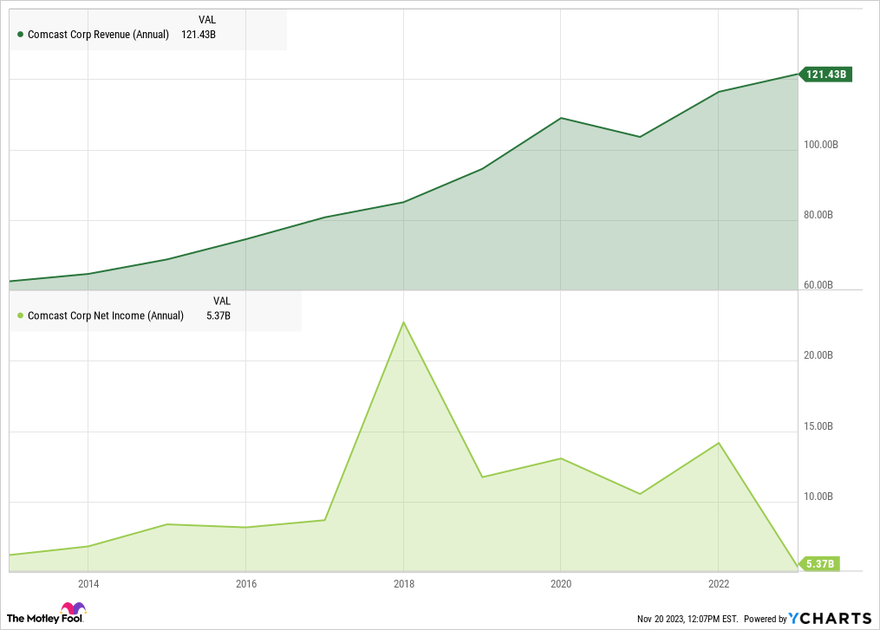
Dividends
Does Comcast pay a dividend?
In 2024, the company returned $5.1 billion to shareholders in the form of dividend payouts. Depending on the current stock price, its dividend yield tends to hover between 3% and 3.5%.
Comcast also sponsors a generous stock buyback program, investing $9.1 billion in share repurchases in 2024. That's up from an annual average of $6 billion in share repurchases between 2018 and 2023. The board of directors has increased Comcast's annual dividend payouts every year since 2009.
ETF options
ETFs with exposure to Comcast
As a market-leading U.S. company, Comcast is an active component of many stock market indexes, including the broad market-tracking S&P 500 (SNPINDEX:^GSPC) index. Exchange-traded funds (ETFs) and mutual funds tracking the indexes -- and the dozens of funds with industry-specific or hand-picked management systems that choose to include Comcast -- must own a large number of Comcast shares.
This stock's impact on the value and overall performance of these funds varies with its weighting in each fund, and Comcast's performance makes a larger difference to the returns of smaller ETFs with an outsize Comcast investment. Here are a few ETFs where Comcast stock accounted for a significant ownership stake in June 2025, either by dollar amounts or in terms of Comcast's weighting of the fund's total assets:
| Exchange-Traded Fund | Number of Comcast Shares | ETF Net Asset Value | % of NVA in Comcast Stock |
|---|---|---|---|
| Invesco QQQ TRUST (NYSEMKT:QQQ) | 77.7 million | $334 billion | 0.8% |
| SPDR S&P 500 ETF TRUST (NYSEMKT:SPY) | 45.5 million | $604 billion | 0.3% |
| Communication Services Select Sector SPDR Fund (NYSEMKT:XLC) | 26.1 million | $21.9 billion | 4.0% |
| iShares U.S. Telecommunications ETF (NYSEMKT:IYZ) | 0.46 million | $0.38 billion | 4.2% |
Stock splits
Will Comcast's stock split?
Comcast has a long history of stock splits, stretching back to the early 1980s. One Comcast share bought at the 1972 IPO has become 230.67 shares today.
However, the latest stock split took place in 2017. Given the long pause marked by big swings that eventually returned to the post-split price range of roughly $40 per share, the company doesn't seem likely to announce another stock split anytime soon.
However, you never know when Comcast's board might have a change of heart, especially if the stock skyrockets as it did in the early 2010s. Keep an eye on the split calendar for potential Comcast announcements.
The bottom line on Comcast
This stock's investment potential depends on its leading role in the media and communications markets. The Peacock service needs a steady flow of high-quality exclusive content, and these stories also provide fodder for future theme park additions.
So, great content forms the foundation of Comcast's NBCUniversal operations. On the connectivity side, Comcast seeks a perfect balance between consumer-pleasing products and services, affordable network upgrades, and appropriate pricing levels.
Both divisions face fierce competition and regulatory challenges. A reasonable hurdle for Comcast may be more than smaller or younger companies can handle. A harsh market presents both problems and opportunities for a market sector leader like Comcast.
The theme parks under development and the burgeoning Peacock service are key to Comcast's near-term growth. The old-school cable network is transitioning to a fiber-optic infrastructure, which adds heavy capital expenses but also prepares Comcast for next-generation internet services.
Related investing topics
Some investors may find the volatility and rough-and-tumble competition of Comcast's target markets too uncertain and complicated. At the same time, others may see nothing but long-term growth opportunities in Comcast's sophisticated business structure. Success in the media segment should translate into stronger internet service sales, given the unstoppable cord-cutting trend.
The decision to buy stock in Comcast should match your risk tolerance and long-term investment objectives. It may not be a perfect fit for every portfolio, but Comcast could be a solid pick if you're willing to manage the complexity of its evolving business model. If nothing else, every investor in the media and communications industries should keep a close eye on this gigantic competitor.
FAQ
Investing in Comcast FAQ
Is Comcast publicly traded?
Yes, Comcast trades on the Nasdaq stock exchange under the ticker symbol CMCSA.
What is the minimum investment in Comcast?
The smallest investment in Comcast depends on your broker's policies. With fractional shares, you can invest just a couple of dollars. Without that option, the minimum Comcast investment would be the price of one share.
Roughly speaking, Comcast's stock price has hovered between $30 and $60 per share over the last decade. So, the smallest possible investment would normally be found in that range for single-stub buyers.
Is Comcast a good investment?
Whether Comcast fits your investment portfolio depends on your financial goals and risk tolerance. With its significant role in media and telecommunications, Comcast is a notable player. However, consider its alignment with your investment strategy and the competitive landscape of its target industries.
Is Comcast a safe investment?
All stock investments, including Comcast, come with inherent risks. However, Comcast is an industry leader across several robust sectors. You shouldn't go all-in on Comcast stock, but it could add some exposure to the media and communications industries as part of a diversified stock portfolio.
Is Comcast a good dividend stock?
Comcast has a history of consistent dividend payments, with an unbroken streak of annual dividend increases starting in 2009. This track record, combined with a stable yield, can make it a reasonable choice for dividend-focused investors.
What is the CMCSA stock forecast?
Comcast is a well-respected company and stock as of this writing. The stock has traded modestly lower in recent years, but there is minimal short-selling and the average analyst recommendation is a "hold." It's also a robust dividend stock with an effective yield of nearly 4% in June 2025.












